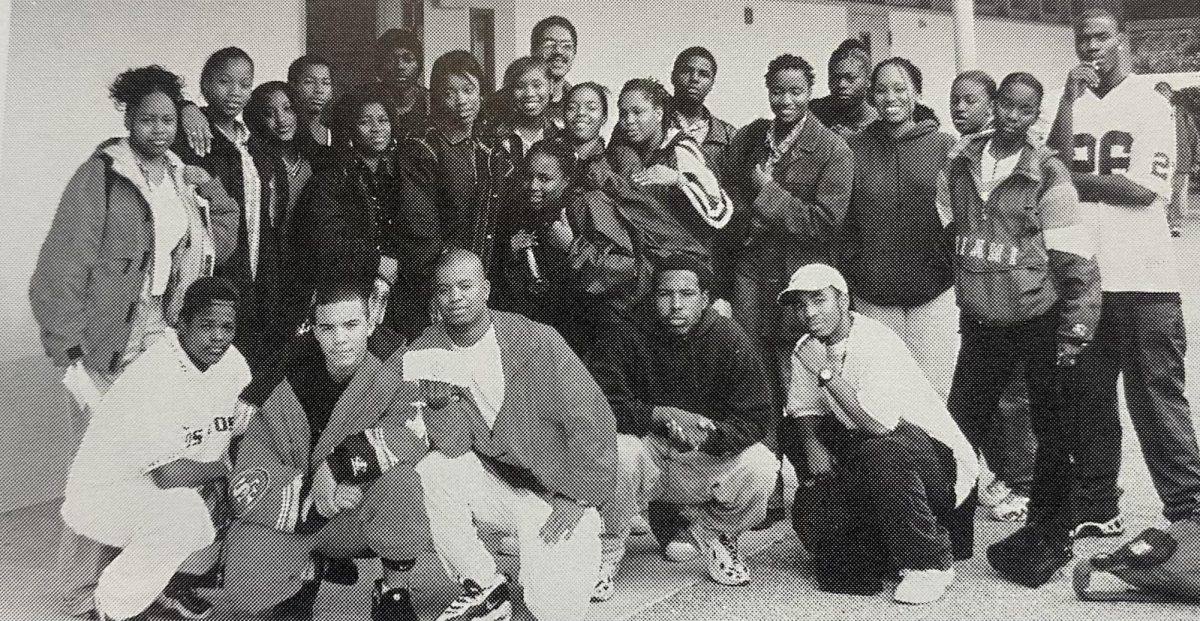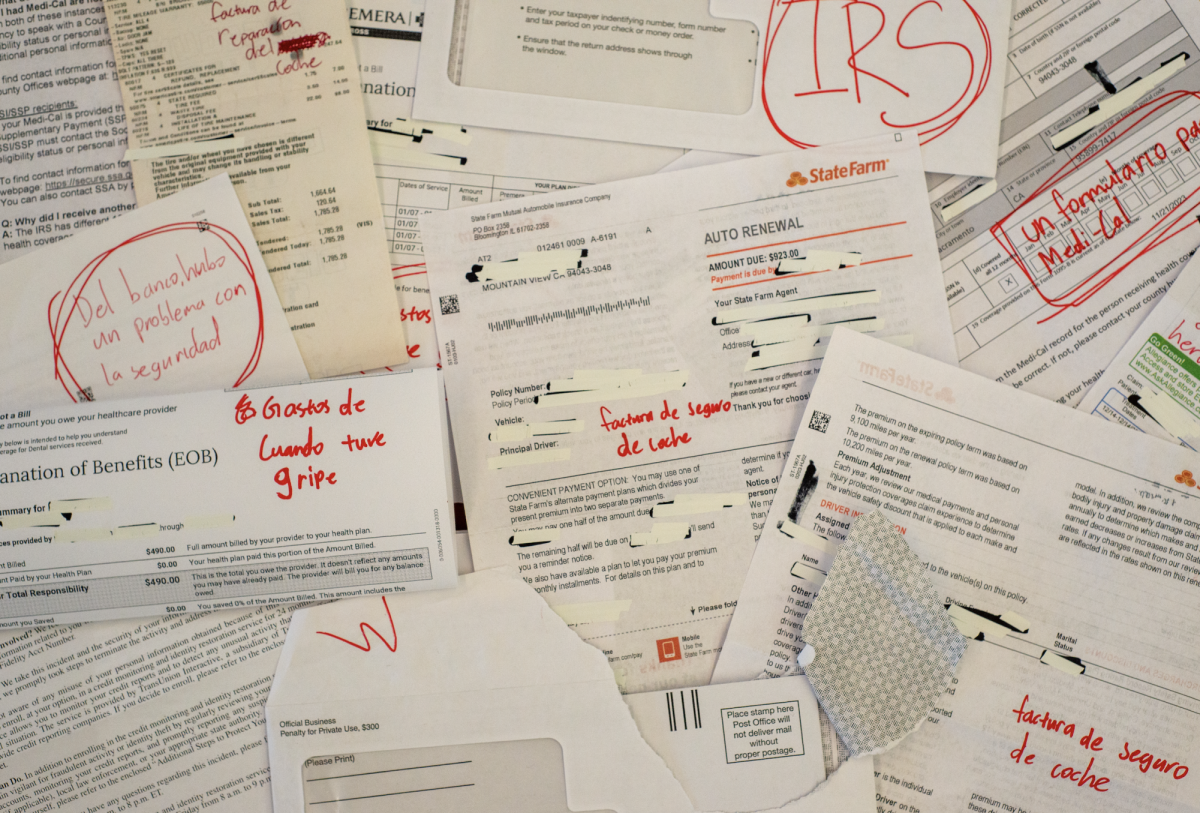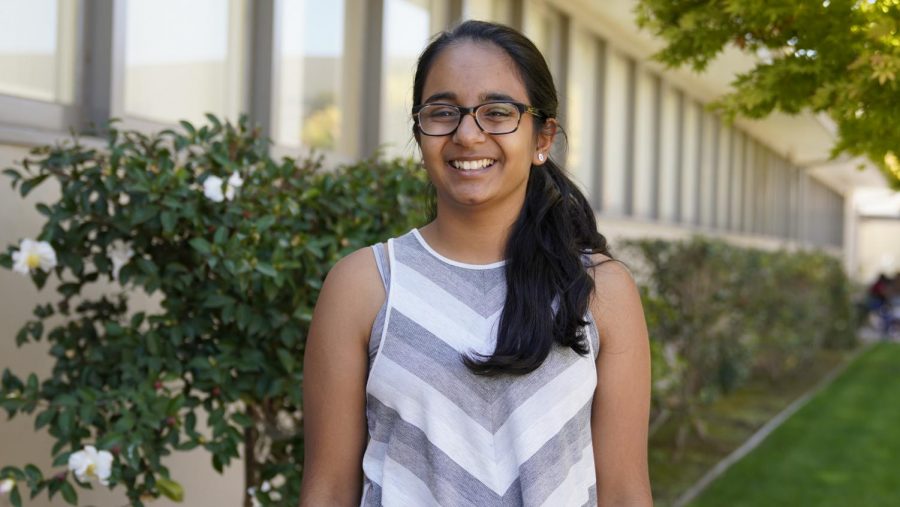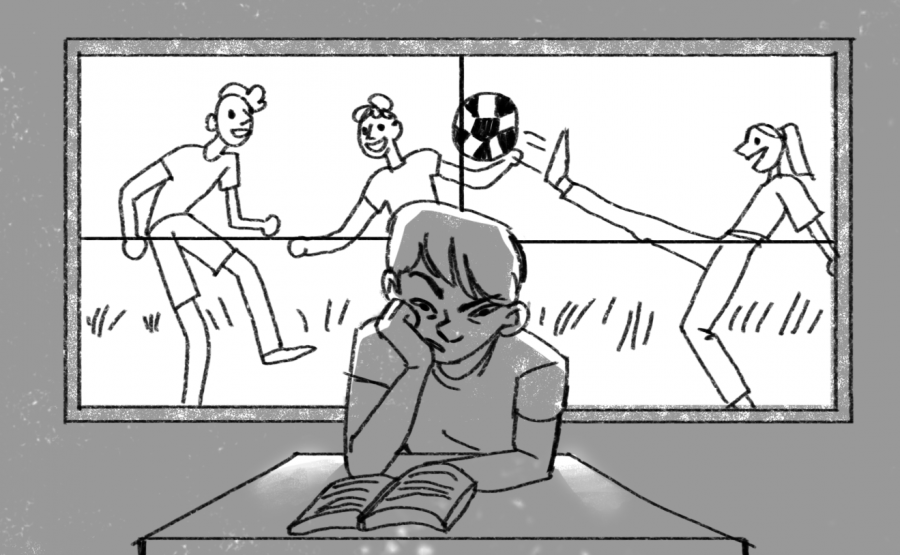[dropcap]O[/dropcap]One of the most common topics assigned for persuasive essays, school debates and classroom discussions is the issue of teacher tenure. It is one of the most contentious topics in education, and all students, no matter where they come from, can relate to it.
Teacher tenure provides job security for teachers who have successfully completed a probationary period. Teachers are evaluated based on student feedback, feedback from other teachers and observations from the administration to determine whether or not they are a good fit for the school.
After this period, if the teachers are deemed to be a good fit, they are guaranteed a teaching position at that school unless they are deemed incompetent to teach. This can happen for a variety of reasons, including a physical or mental condition that prevents teachers from working with students or for unprofessional conduct.
“I think a lot of students will say … this teacher is so bad they don’t deserve tenure, they [deserve to be] fired,” senior Ben Gardner-Gill said. “I have heard that so much. I hate [a certain] teacher, and this is why I don’t like tenure; it prevents this person from being fired. That’s not how it works.”
In the Vergara v. California ruling passed in June of 2014, a Los Angeles court ruled that the the processes outlined in the California Education Code by which teachers receive tenure and are laid off are unconstitutional. That ruling is currently under appeal by the California Teachers Association and the California Federation of Teachers, and has brought teacher tenure to the forefront of the debates about public school education happening in California.
Despite being one of the most relevant and controversial educational issues of our time, little is known among the student community about the nuances of the arguments on both sides of the debate. Below, The Talon takes a look at some of the issues surrounding the teacher tenure debate in California public schools and explores the viewpoints of both sides on some of the major points in question.
Underperforming teachers
Pro: Proponents of tenure argue that people overestimate the number of teachers who are actually underperforming. Also, they believe that the methods used to determine which teachers are underperforming are sometimes biased.
Often, analyzing the standardized test scores of the students in teachers’ classes is used as a way to determine whether or not teachers are performing well. However, supporters of tenure argue that test scores are far too dependent on the types of students teachers teach. For example, if there are two new teachers at the same school, one who teaches Advanced Placement Biology and one who teaches English language learners, the teacher of Advanced Placement Biology will likely see higher test scores among his or her students for reasons that have little to do with that teacher’s teaching ability. Socioeconomic factors can also play a huge role in how students score on standardized tests and exams.
“The majority of the variation in test scores is attributable to factors outside of the teacher’s control such as student and family background, poverty, curriculum and unmeasured influences,” a report from the American Statistical Association said.
Additionally, those in favor of tenure believe that it offers protection for teachers who may at first seem underperforming, but in reality are just responsibly promoting ideas outside of the mainstream.
“If I want to go into my classroom and have a discussion on race and white privilege because I feel like this issue is an important issue for us to discuss and read about, and I am doing it responsibly, I want to make sure that my job isn’t at risk,” school librarian Gordon Jack said. “Tenure is an important component of preserving intellectual freedom.”
Con: On the flip side, perhaps the most common argument against teacher tenure is that it allows supposedly underperforming teachers to stay in the classroom because the dismissal process to remove a teacher with tenure is often costly and long.
The Los Angeles Unified School District is the largest public school district in California, and receives a large amount of attention when it comes to issues such as tenure. During the Vergara v. California trial, the superintendent of the Los Altos Unified School District testified that the district spends excess of $250,000 to $450,000 for each performance-based dismissal. Jason Song of the LA Times analyzed this problem in an article titled “Firing tenured teachers can be a costly and torturous task.”
“Building a case for dismissal is so time-consuming, costly and draining for principals and administrators that many say they don’t make the effort except in the most egregious cases,” Song said. “Although districts generally press ahead with only the strongest cases … in 80 percent of the dismissals that were upheld, classroom performance was not even a factor.”
Reward System
Pro: Proponents of tenure argue that tenure is a viable reward system for teachers—the possibility that they may be given job security after only a brief time on the job motivates many qualified people to become teachers, despite the low wages typically associated with teaching. This is important in a profession that has seen a startling decrease in the number of people willing to be teachers.
According to a report by the state Commission on Teacher Credentialing, teacher preparation program enrollment dropped from around 42,000 to a little under 20,000 people between 2008 and 2013.
The possibility of teacher tenure entices qualified teachers into teaching positions, something that is desperately needed, especially in California. Supporters of tenure feel that once these teachers are granted job protection, they’re just as, if not more, motivated to continue teaching well.
“In my experience, teachers don’t get tenure, kick up their heels and [say] ‘alright done working!’ Jack said. “It just seems that when there is a teacher in need of [help] tenure always gets blamed for why that teacher is in the classroom and I don’t know if that is fair to tenure. I think it has more to do with administrators reluctant to begin a process that is long and arduous, and administrators also just not wanting to go through the process of finding a new teacher who may be equally bad or even worse. The majority [of] teachers that I know don’t need tenure because they are passionate educators and they are always trying to do better.”
Con: Opponents of tenure argue that it cannot be seen as a viable reward system because it is given much too early; therefore it cannot be viewed as an accurate compensation for years of good work.
In California, teachers are evaluated for tenure in March of their second year of teaching, before two full years of data about the teachers performance are available. Librarian Gordon Jack supports many aspects of tenure as system, but also feels that administrators are forced to make the decision about tenure too early.
“I just think that’s unfair to everyone involved,” Jack said. “It’s unfair to the teacher, who may need an extra year to improve themselves and grow professionally. It’s unfair to the administrator to make what is essentially a million dollar decision in 18 months. I would advocate as a teacher, as a union member to extend that timeline to three or four years so we can make a better assessment of whether or not that person is a good fit for the school, whether or not that person has made improvements in his or her teaching over the course of the year.”
The short decision period is also disadvantageous to school districts, which may lose out on great teachers.
“You can’t expect someone to become a top notch [teacher] in two years unless they are truly exceptional when they begin,” Ben said. “And there are plenty of people who are not exceptional when they begin who can become great teachers. So if you just shunt them from job to job, you lose out.”













